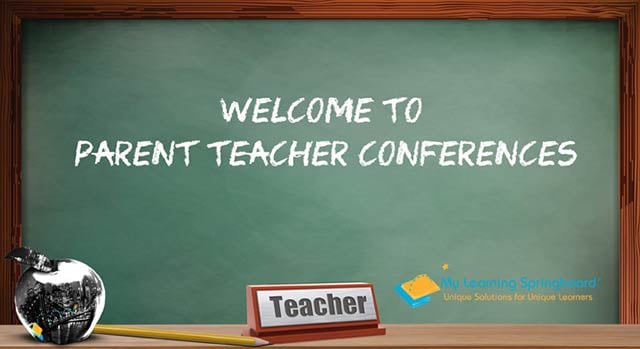 One of the first things I noticed when I moved here was how creatively New Yorkers utilize the limited space they have. It’s not quite newsworthy to comment on how hard-pressed we are to find room to stretch our limbs in this cramped city, but it is worth noting how we can all conserve space without eliminating the physical materials that make us happy, fulfilled urbanites.
One of the first things I noticed when I moved here was how creatively New Yorkers utilize the limited space they have. It’s not quite newsworthy to comment on how hard-pressed we are to find room to stretch our limbs in this cramped city, but it is worth noting how we can all conserve space without eliminating the physical materials that make us happy, fulfilled urbanites.
When I started college at Barnard, books hardly registered as items that warranted wanting more space. Until then, I would not have described myself as a reader. In fact, ever since elementary school I had more interest in getting teeth pulled than spending hours with a book. Part of the reason was just that: reading a book would take me hours. My slow reading pace was discouraging and frustrating, and I preferred to put that shortcoming out of my mind rather than challenge myself to improve.
But enrolling in more classes, meeting with more professors, and making new friends all helped me realize two important things: 1) that reading is difficult for a lot of people, and 2) that persevering through the process of reading introduces new ideas, new feelings, and new worlds.
Needless to say, my newfound enthusiasm for books directly conflicted with my realization that substantial space was in short supply. How could I maintain my momentum to read while still making room for a desk, bed, or couch at which to do it?
That’s where libraries, ebooks, and generous friends come to the rescue. Libraries are a goldmine for anyone who is tight on space, short on cash, or maybe even afraid of commitment. It’s a great feeling to know that you can take out one, two, or ten books at any given time without wondering where to make space for long-term shelf life in an apartment. If it’s hard to even conceive of making short-term space for books, many libraries are now loaning out ebooks. The New York Public Library’s e-catalog is easy and free to access and their website even includes some great tips for new ebook users. (Full disclosure: I was a strong proponent of public libraries even before the NYPL was my employer!)
As hard as it is to believe, books can also be great socializing outlets. The next time you’re with your friends, ask them if they’ve read any good books recently – chances are something will come to mind. And if they’re excited enough about a book, they’ll probably be eager to lend it to you, free of charge! Talking about it together might even inspire you to start an informal book club with friends or family, as some of my own relatives and peers have done.
With all of the expansion that books can provide for our minds, vocabularies, and even social circles it would be a shame to let space constraints inhibit us from taking advantage of the doors that reading opens. I’ve been lucky to use the great resources around me – libraries, technology, and loved ones – to keep my home uncluttered and my interests vibrant all without having to sacrifice life in New York City.
By Noemi Schor, Private Tutor
 Learning a
Learning a  Conferences provide one of the best opportunities during the school year for parents and teachers to share important information. At times perspectives will differ but the goal of the conference will be the same: for the child to make academic progress, to feel valued and to be successful. Research has shown that when parents and teachers work together everyone benefits. The suggestions below will ensure that both parents and teachers arrive at the destination – your child’s successful academic achievement – with a clear and shared understanding of the journey ahead.
Conferences provide one of the best opportunities during the school year for parents and teachers to share important information. At times perspectives will differ but the goal of the conference will be the same: for the child to make academic progress, to feel valued and to be successful. Research has shown that when parents and teachers work together everyone benefits. The suggestions below will ensure that both parents and teachers arrive at the destination – your child’s successful academic achievement – with a clear and shared understanding of the journey ahead. Phonics? Phoneme? Phonemic Awareness? These are words that are constantly thrown around almost interchangeably in the education world, but many parents do not know the difference between these words or even their true meaning. So what is “phonics” and why is it important? More importantly, why do parents need to know more than just the 26 letters of the alphabet?
Phonics? Phoneme? Phonemic Awareness? These are words that are constantly thrown around almost interchangeably in the education world, but many parents do not know the difference between these words or even their true meaning. So what is “phonics” and why is it important? More importantly, why do parents need to know more than just the 26 letters of the alphabet?